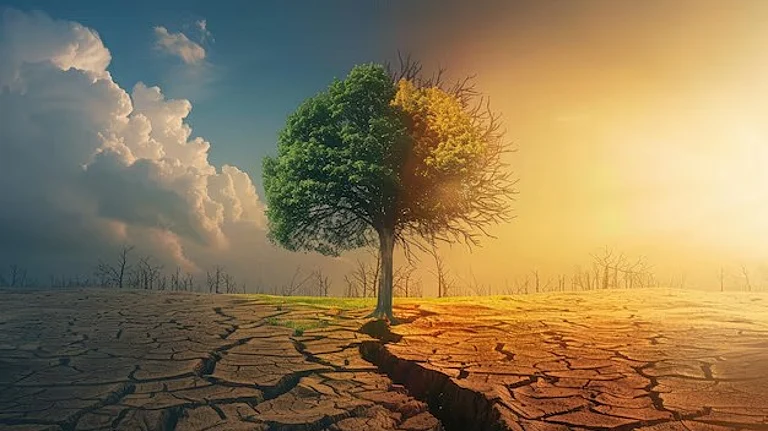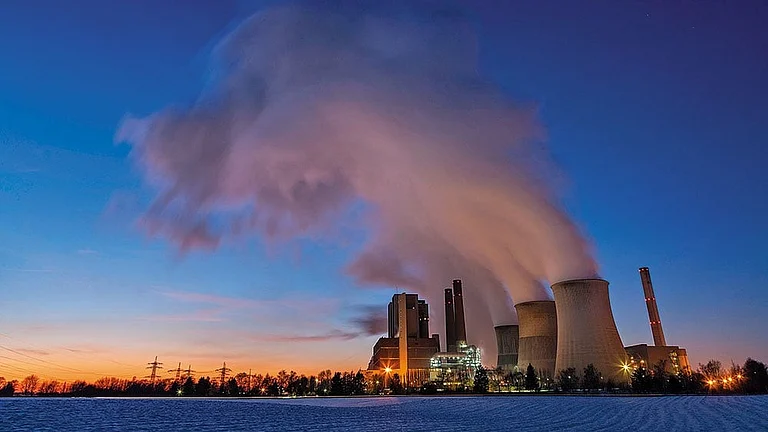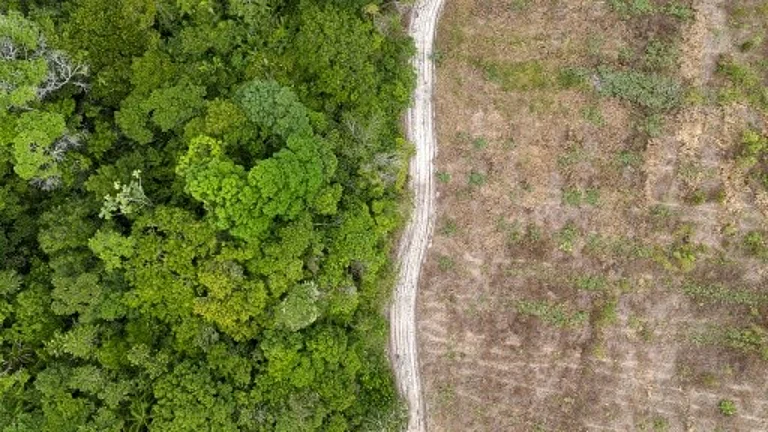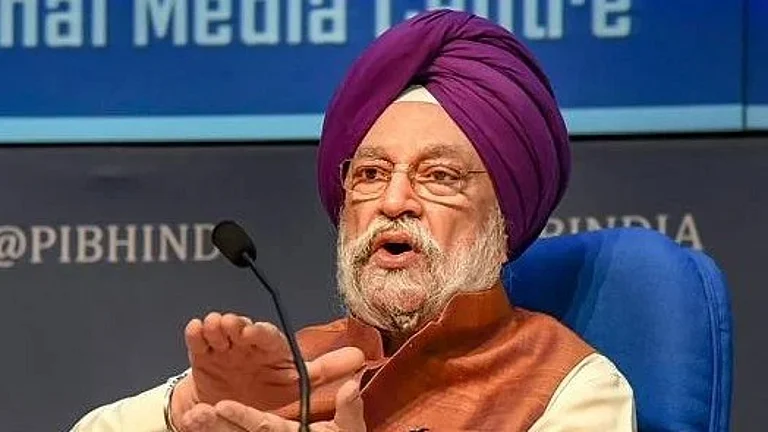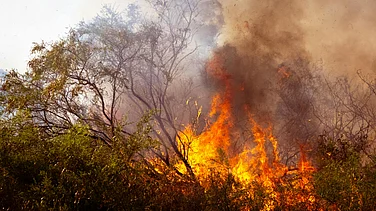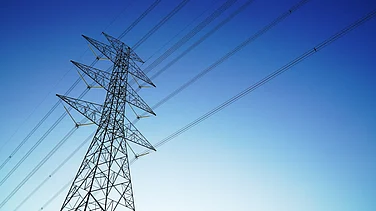The wealthiest 10% of the world’s people are accounted for two-thirds of global warming since 1990, according to a study published on May 8 in the journal Nature Climate Change.
The study also revealed that the consumption and investment habits of the wealthy population has substantially increased the risk of heatwaves and droughts.
This is the first study to quantify the impact of concentrated private wealth on extreme climate events.
“We link the carbon footprints of the wealthiest individuals directly to real-world climate impacts,” lead author Sarah Schoengart, a scientist at ETH Zurich, told AFP news. “It’s a shift from carbon accounting toward climate accountability,” Zurich added.
Compared with the global average, for example, the wealthiest 1% contributed 26 times more to1-in-100-year heat extremes globally and 17 times more to Amazon droughts, according to the study.
The report also held accountable emissions from the wealthiest 10% in China and the United States – which together account for nearly half of global carbon pollution – each contributing to a two- to threefold rise in heat extremes.
This study comes amid the anticipation for COP30, to be held in Amazonian city of Belem, Brazil, in November.
Expectations from COP30
Brazil’s UN COP30 president on May 8 said that he wanted this year’s conference to mark a new era of global progress on climate change and was hopeful that countries would deliver more ambitious carbon-cutting plans, reported AFP.
According to Reuters, the letter by the COP30 presidency called for new climate governance mechanisms to help nations implement their commitments to curb global warming.
Unjust Reality
At COP29, the developed countries largely ignored the demands of developing nations for mobilising at least $1.3 trillion a year in climate finance. The Baku’s outcome document stated that the New Collective Quantified Goal (NCQG) would be at least $300 billion per year- but only from 2035.
According to the International Energy Agency (IEA), the growth in developing countries has led to an increased global energy demand of 15% in the last decade. In comparison, 40% of this demand was met through clean energy.
Given this backdrop, India and the rest of the developing world expected realistic climate finance goal support from the developed world at Baku. This lack of support is particularly unjust, considering that the majority of emissions originate from developed countries.
Luther Rangreji, Joint Secretary and Legal Adviser, Ministry of External Affairs, emphasised during a submission of arguments to the International Court of Justice (ICJ) on December 5 that the responsibility to address climate change should not only fall solely on developing countries.
As COP30 nears, there is growing pressure for the summit to address this disparity and ensure that those most responsible for emissions bear a greater share of the climate burden.









